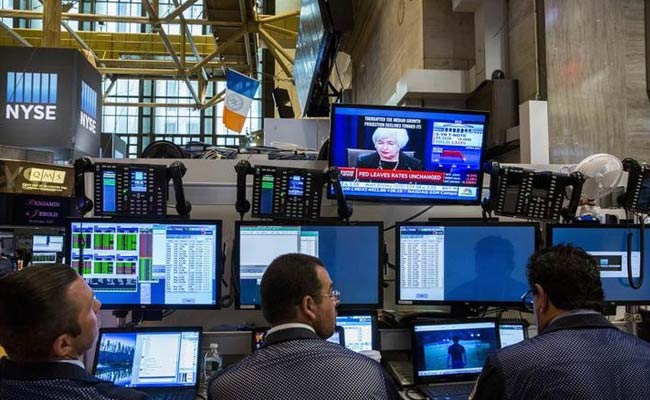The possible spillover effects of rising bond yields into stock and commodity markets has hit financial assets as funds, betting on a long period of low volatility and suppressed bond yields, are being forced to reassess positions.
Euro zone bond yields rose across the board after European Central Bank Executive Board member Sabine Lautenschlaeger said the central bank should hold off on new monetary easing measures.
Most yields touched their highest levels since Britain’s vote to leave the European Union in late June, extending a rise that started after the ECB’s policy meeting last week, when it disappointed investors by introducing no new easing measures.
German 10-year bond yields – the bloc’s benchmark – rose 2 basis points to 0.05 per cent on Wednesday, having climbed as high as 0.09 per cent in early trades.
“Markets have continued to be spooked by the potential for central banks to scale back the level of monetary support on almost a global basis,” Peter Chatwell, head of euro rates strategy at Mizuho said.
“Lautenschlaeger’s comments did little to ease fear of withdrawal of central bank’s support.”
Morgan Stanley said trades most vulnerable to any unwind, are equities as well as bullish bets on the Japanese yen, emerging market currencies and Asia ex-Japan bonds.
Reports that the Bank of Japan would persist with further monetary easing, including taking interest rates deeper into negative territory sent the yen to a one-week low against the dollar.
The dollar was flat against a basket of currencies, having hit a one-week high the previous day, just a week before the US Federal Reserve’s next policy meeting begins. Markets are pricing in just a 15 per cent chance that interest rates will be hiked this month, according to CME FedWatch.
[“source-ndtv”]





